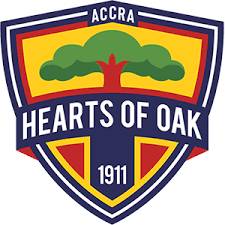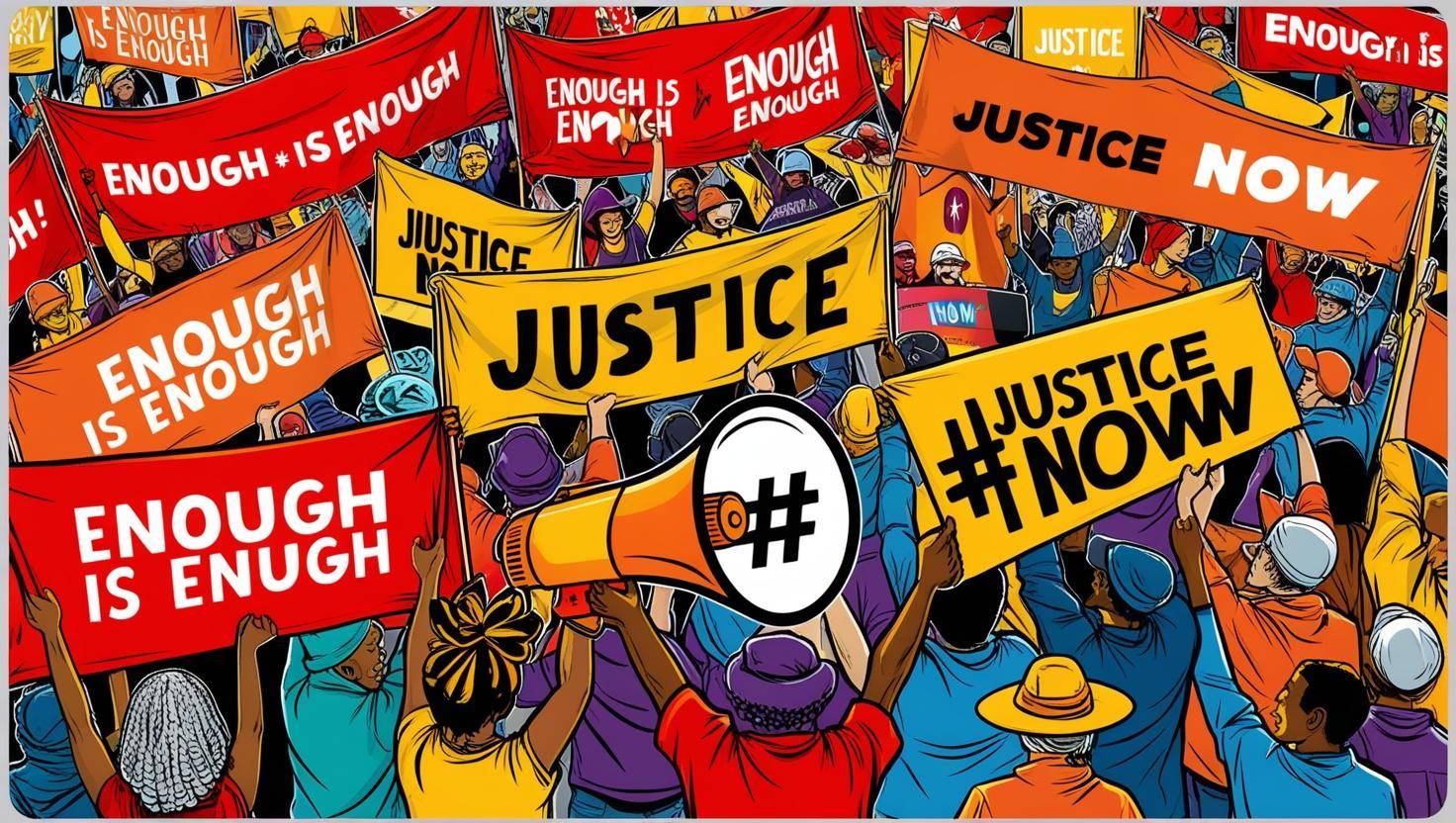Social movements and public demonstrations have long been essential tools for citizens to express their grievances and push for societal change. In Ghana, such movements have grown in significance as people increasingly demand accountability, justice, and improved living standards. One recent example is the "Enough Is Enough" demonstration, which highlights public frustrations with pressing national issues. In this article, we will delve into the causes, developments, and outcomes of social movements and public demonstrations in Ghana, using simple language to make the topic accessible to all readers.
The Importance of Social Movements in Ghana
Social movements are collective efforts by individuals and groups to advocate for change. They often arise from shared concerns about social, economic, or political injustices. In Ghana, these movements are crucial for holding leaders accountable, addressing societal inequalities, and promoting democracy.
Public demonstrations, a key tool of social movements, allow people to amplify their voices in unity. They are usually peaceful gatherings where citizens march, chant slogans, or display signs to express their demands. Such demonstrations highlight the strength of collective action in driving change.
A peaceful public demonstration in Accra with participants holding banners.
Causes of Public Demonstrations in Ghana
Public demonstrations in Ghana are often fueled by deep-seated societal challenges. Some of the common causes include:
1. Economic Hardship
Rising inflation, unemployment, and high living costs frequently trigger protests in Ghana. Citizens demand better economic policies and interventions to improve their quality of life.
2. Corruption and Governance Issues
Perceived corruption in public institutions and lack of transparency in governance also motivate demonstrations. People want leaders to prioritize accountability and fight corruption.
3. Lack of Basic Amenities
Access to basic needs such as education, healthcare, and clean water remains a challenge in some parts of Ghana. Social movements advocating for these necessities often organize public demonstrations.
4. Environmental Concerns
Environmental degradation, particularly due to illegal mining (galamsey), has sparked protests in Ghana. Citizens are increasingly aware of the long-term consequences of these activities and demand government action.
5. Human Rights Issues
Protests also arise from concerns about human rights abuses, police brutality, and gender-based violence. Ghanaians often rally together to demand justice and equality for all.
The Development of Social Movements: A Look at the "Enough Is Enough" Demonstration
The "Enough Is Enough" demonstration serves as a powerful example of how social movements develop in Ghana. This movement started as a response to public dissatisfaction with economic hardships and governance challenges.
Step 1: Mobilization
Social movements often begin with a core group of individuals or organizations sharing their concerns on social media, community forums, and other platforms. In the case of the "Enough Is Enough" demonstration, activists used platforms like Twitter and Facebook to raise awareness and rally support.
Step 2: Organization
After mobilizing support, organizers plan the logistics of the demonstration. This includes obtaining permits, selecting a location, and coordinating with security personnel to ensure a peaceful protest.
Step 3: Execution
On the day of the protest, participants gather at a central location, often with placards and banners that display their demands. For the "Enough Is Enough" movement, citizens marched peacefully through major streets, chanting slogans that captured their frustrations.
Social media posts with hashtags related to the "Enough Is Enough" movement. This demonstrates how online platforms help mobilize support.
The Outcomes of Public Demonstrations in Ghana
Public demonstrations often yield significant outcomes, even if change takes time. Below are some of the key outcomes of such movements in Ghana:
1. Increased Awareness
One of the immediate outcomes is heightened public awareness of the issues at hand. Demonstrations draw the attention of media, policymakers, and the international community, putting pressure on authorities to act.
2. Policy Changes
Social movements can lead to changes in policies or government interventions. For example, past demonstrations in Ghana have influenced decisions on fuel prices, electricity tariffs, and education reforms.
3. Strengthened Civic Engagement
Protests encourage citizens to be more involved in governance. They empower people to believe in the power of collective action and make them more vigilant about holding leaders accountable.
4. Challenges and Setbacks
While many demonstrations are peaceful, some face challenges, including police resistance or misunderstandings among participants. These challenges highlight the need for better communication between demonstrators and authorities to ensure peaceful outcomes.
The Role of Social Media in Modern Protests
In the digital age, social media has become an indispensable tool for organizing and amplifying public demonstrations in Ghana. Platforms like Twitter, Facebook, and WhatsApp enable activists to share information, engage supporters, and coordinate efforts quickly and efficiently.
Hashtags like #Enough Is Enough creates a sense of unity among participants and attracts global attention. Social media also allows movements to document events in real-time, countering misinformation and ensuring transparency.
The Way Forward for Social Movements in Ghana
To ensure the continued success of social movements and public demonstrations, several steps can be taken:
1. Promoting Peaceful Protests
Organizers and participants should prioritize peaceful demonstrations to maintain credibility and gain public support.
2. Engaging Authorities
Dialogue between demonstrators and government officials can lead to more effective resolutions. Constructive discussions can prevent conflicts and ensure that demands are addressed.
3. Leveraging Technology
Activists should continue using technology to mobilize support, raise awareness, and document their efforts. Digital tools can also help track the progress of demands and hold leaders accountable.
4. Building Coalitions
Social movements can achieve greater impact by forming coalitions with other groups that share similar goals. Collaboration strengthens their voice and increases their chances of success.
A protest leader addressing a crowd with a megaphone. This symbolizes leadership and the power of collective action.
Conclusion
Social movements and public demonstrations are vital components of Ghana's democratic landscape. They provide citizens with a platform to express their grievances, demand accountability, and push for meaningful change. Movements like "Enough Is Enough" remind us of the power of unity in addressing societal challenges.
As Ghana continues to face economic, social, and environmental issues, it is crucial for both citizens and authorities to work together to create a better future. By understanding the causes, developments, and outcomes of public demonstratetrations, we can appreciate their role in shaping a more just and equitable society.


